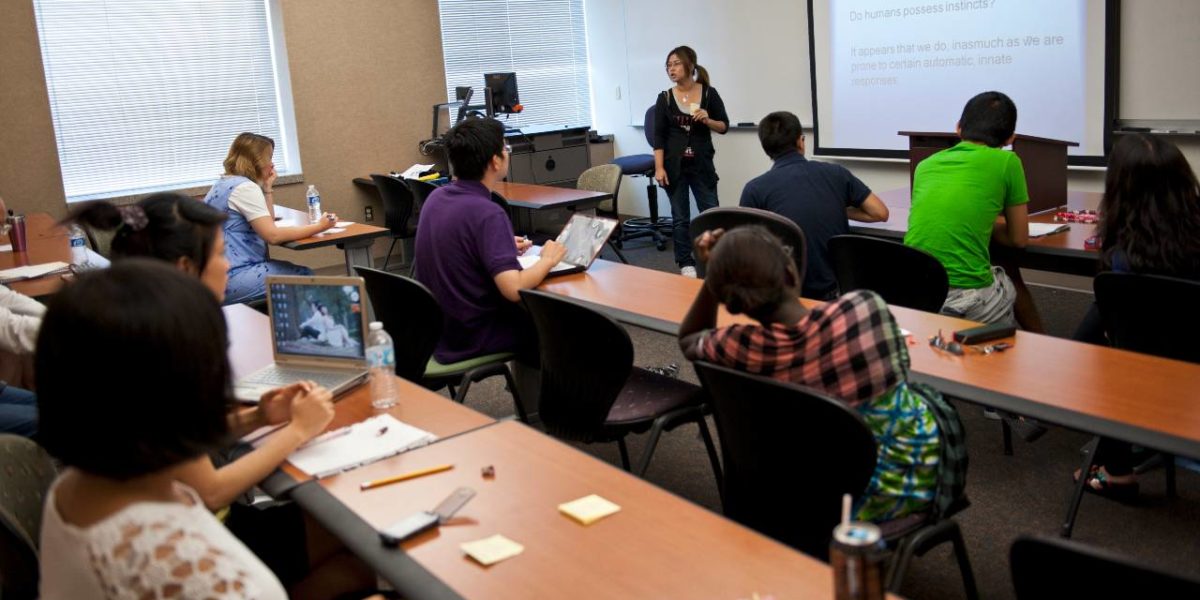School support staff bear the brunt of violent incidents in Nova Scotia, according to a new worker-led review of violence in schools. The review, released Thursday by the Nova Scotia School Board Council of Unions (NSSBCU), reminded readers of the staggering rate of violence in schools that was presented by Nova Scotia Auditor General Kim Adair in a report in June.
Daily incidents of violence Nova Scotia public schools have increased by 60 per cent in the last seven years, Adair’s report indicated. More than 25,000 incidents of violence occurred in the 2022-2023 school year.
The NSSBCU, which is a part of the Canadian Union of Public Employees (CUPE) found that school support staff, such as teaching assistants, custodians, bus drivers, early childhood educators, bore the brunt of violence. At the South Shore Regional Centre for Education, 81 per cent of violent incidents were reported by school support staff. At the Halifax Regional Centre for Education, almost 70 per cent of reported incidents between September 2023 and March 2024 were from support staff.
“In my 7+ years working as an EPA [Educational Program Assistant] I have been bitten, kicked, slapped, punched, spat on in my face, had things thrown at me, verbally abused, and been threatened,” one worker said in the review. “I have also watched other children be hit, and all of the above.”
The numbers outlined by NSSBCU and the Auditor General are likely incomplete, staff have expressed frustration with the reporting system when violence occurs. Workers cited a lack of consistent and reporting mechanisms,
“What is the sense of filling out all our paperwork when nothing is ever done about it,” a worker said in the NSSBCU report. “School admins say it’s part of the job. I did not sign up to be beaten every day. This year I have had to wear shin guards, arm guards, the jacket, gloves to work with a student. That should never be the case.”
As a new school year approaches, workers are demanding change. Among the recommendations outlined worker led review is a call for funding to increase training and staffing levels.
“These workers have been trying to sound the alarm on this issue, and share invaluable research, with the government going back to 2022,” said an email from Haseena Manek, a communications representative for the NSSBCU. “The [Department of Education and Early Childhood Development] did not engage, and so workers are now reaching out to their communities, to parents, and to the public, to share what they know and demand action from the government together.”
In addition to more funding, workers are also demanding that support staff be included in any plans that aim to address the violence moving forward.
“School support staff have years, sometimes decades, of experience in their schools, in their communities, and in their field,” the review said.
The office of Nova Scotia’s education minister said the government remains committed to addressing violence and creating a safe and inclusive school culture.
“The Department, in partnership with Regional Centres for Education, the Conseil scolaire acadien provincial, PSAANS, NSTU and other partners has been working urgently to strengthen tools that support safe schools,” said an email from Krista Higdon from the Education Minister’s office. “We are reviewing the report shared and the Minister looks forward to continued collaboration on this important work.”
The NSSBCU said they plan on engaging in the discussion moving forward to ensure support staff voices are heard when addressing school violence.
“That’s why we opposed the exclusion of workers from the Provincial Standing Committee on Public Accounts’ discussion of the Auditor General’s report, that’s why we demanded CUPE be allowed to participate, and that’s why, despite being shut out, we showed up to the meeting anyway,” the review said.



